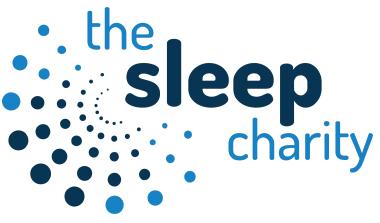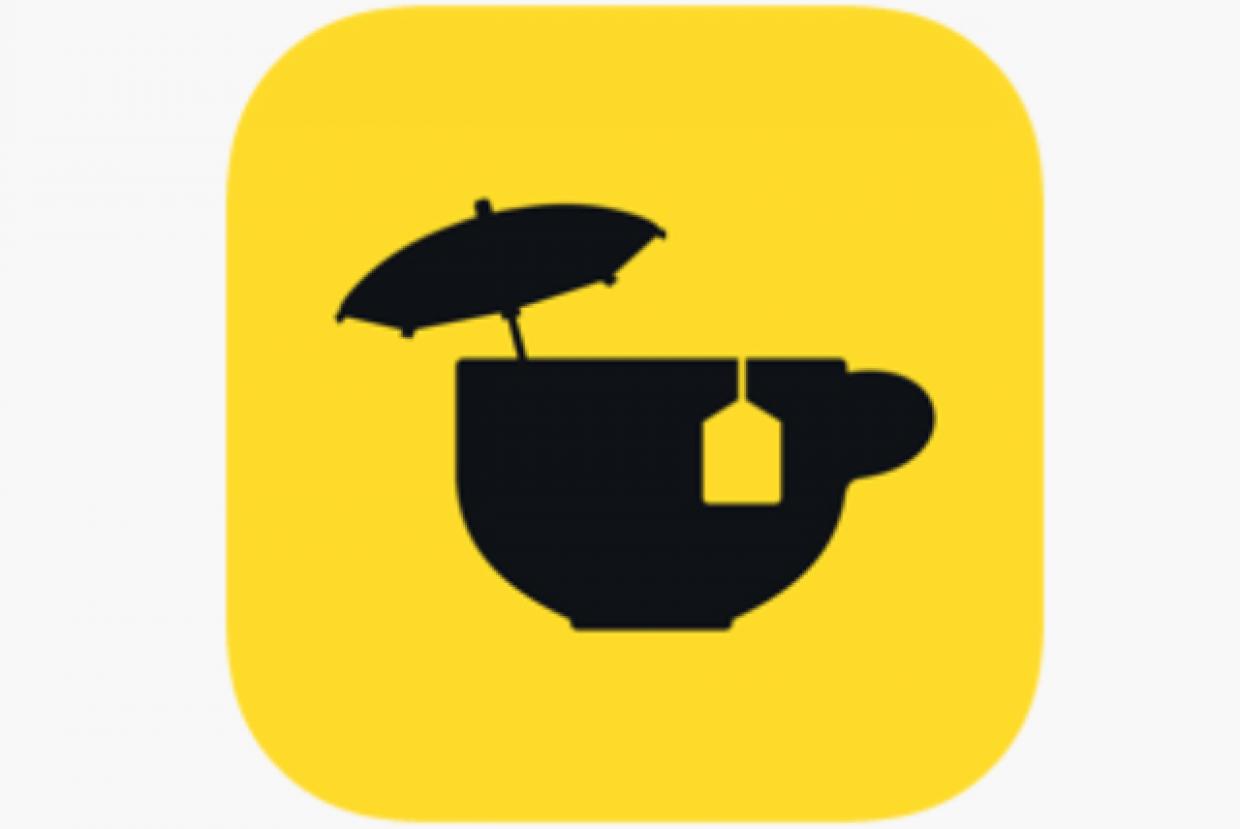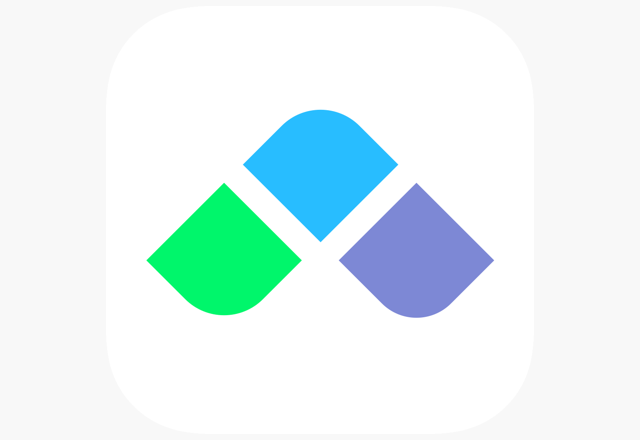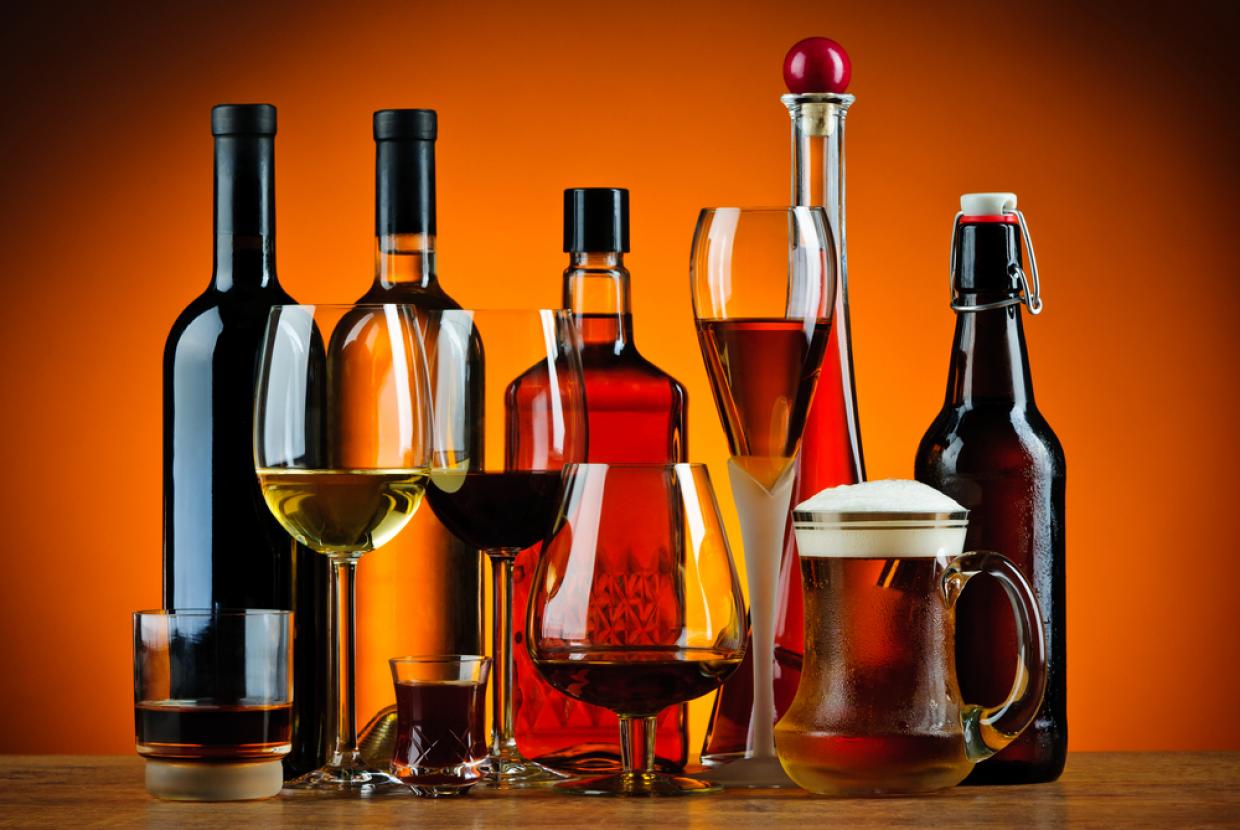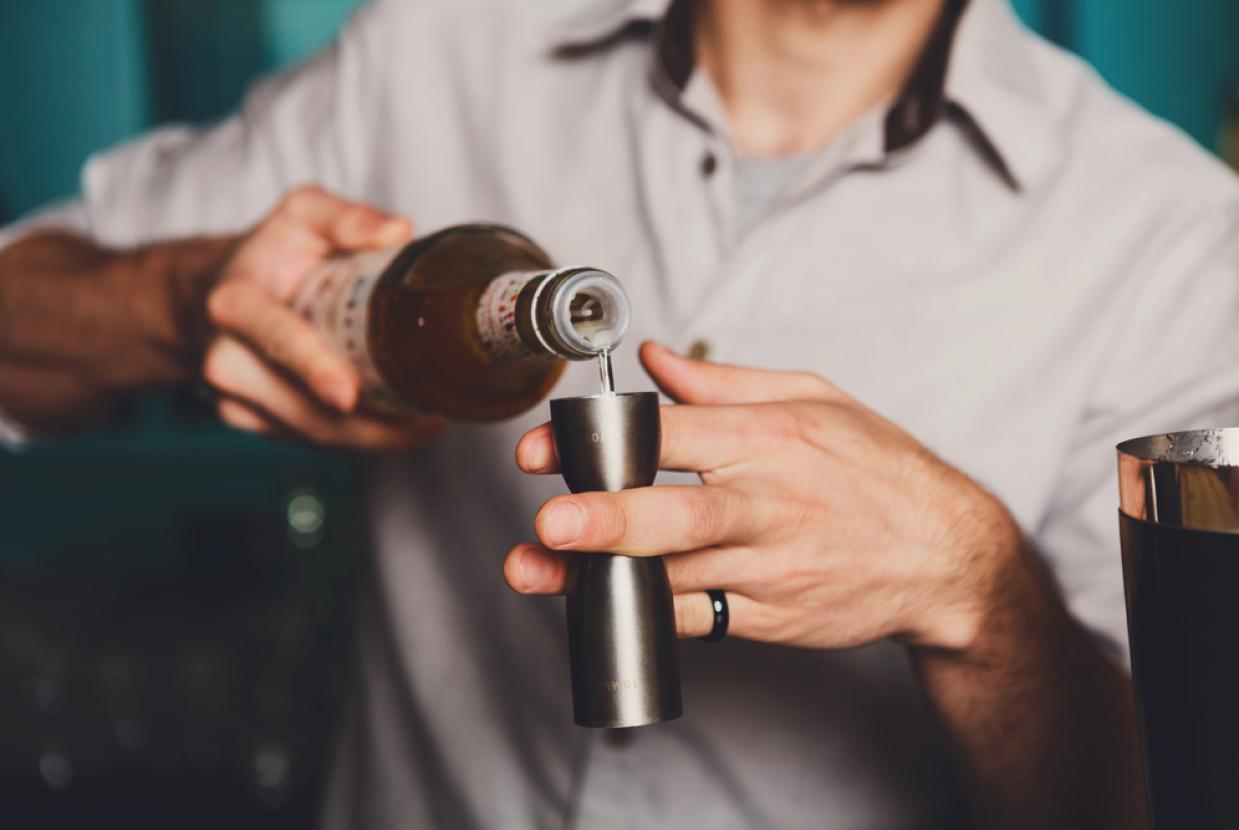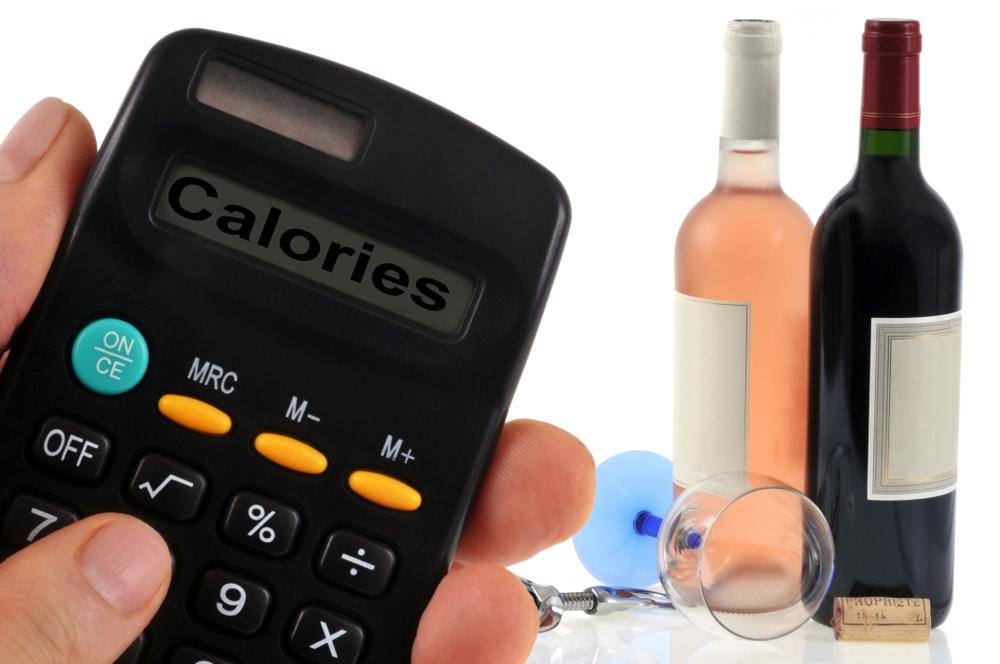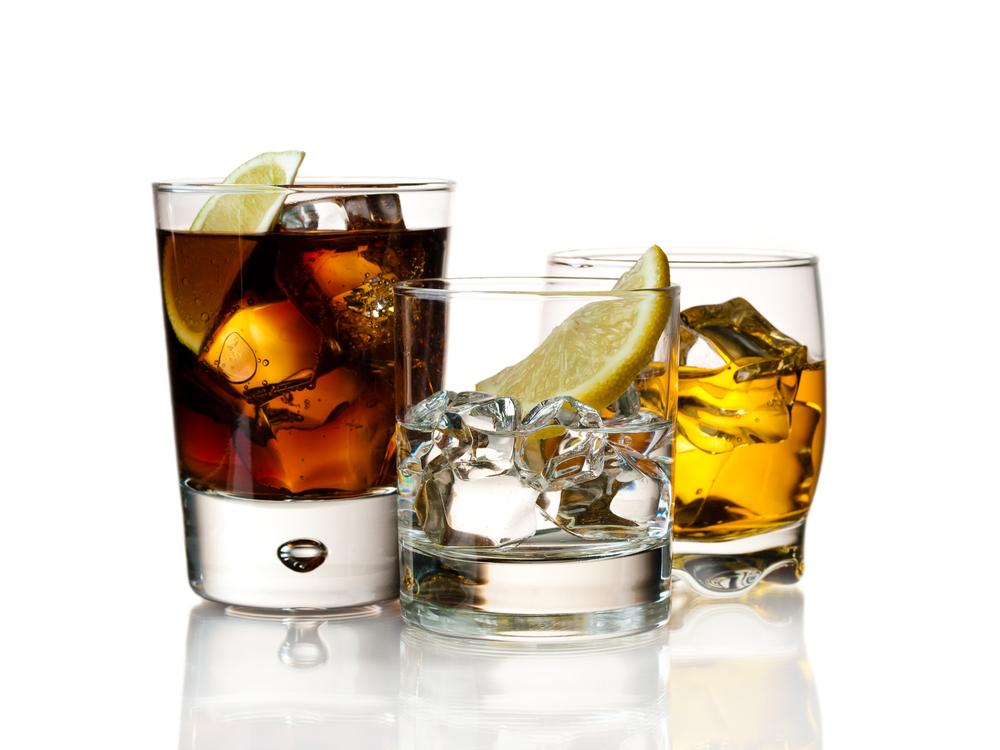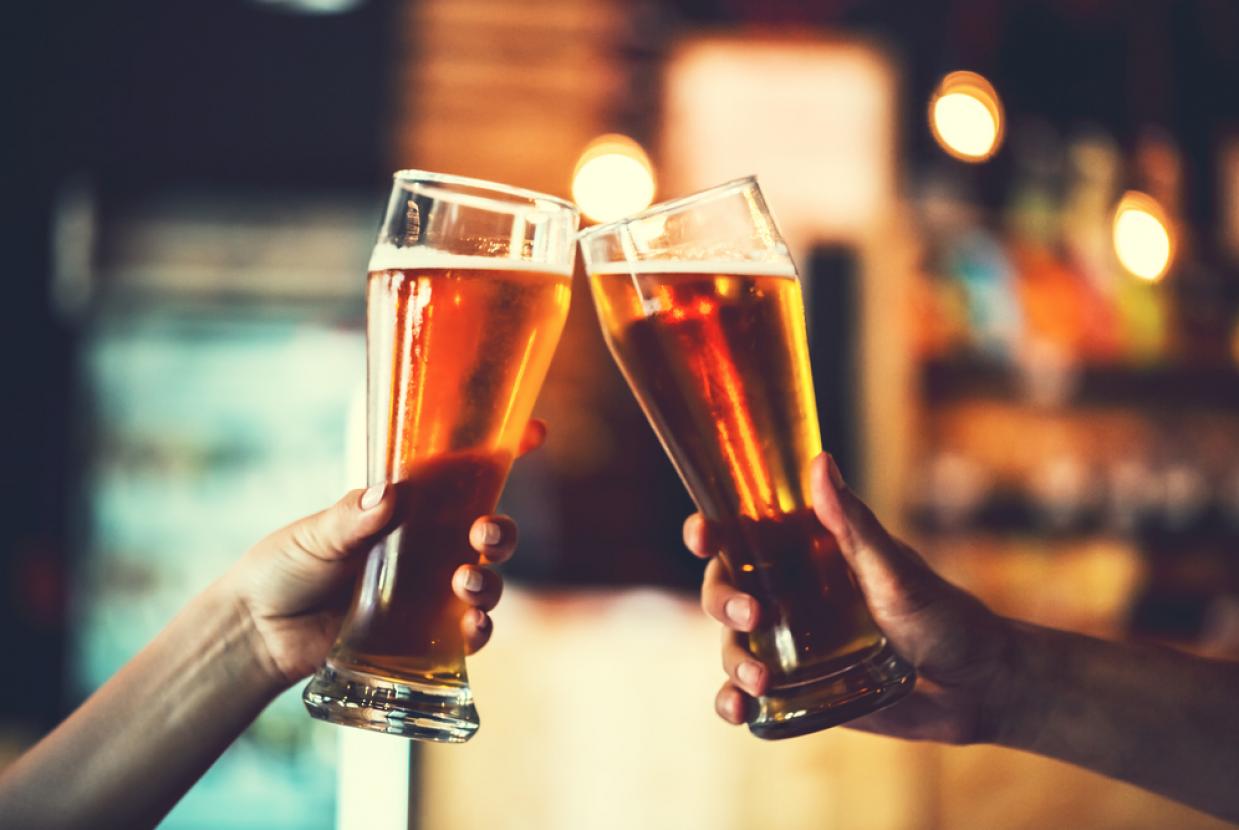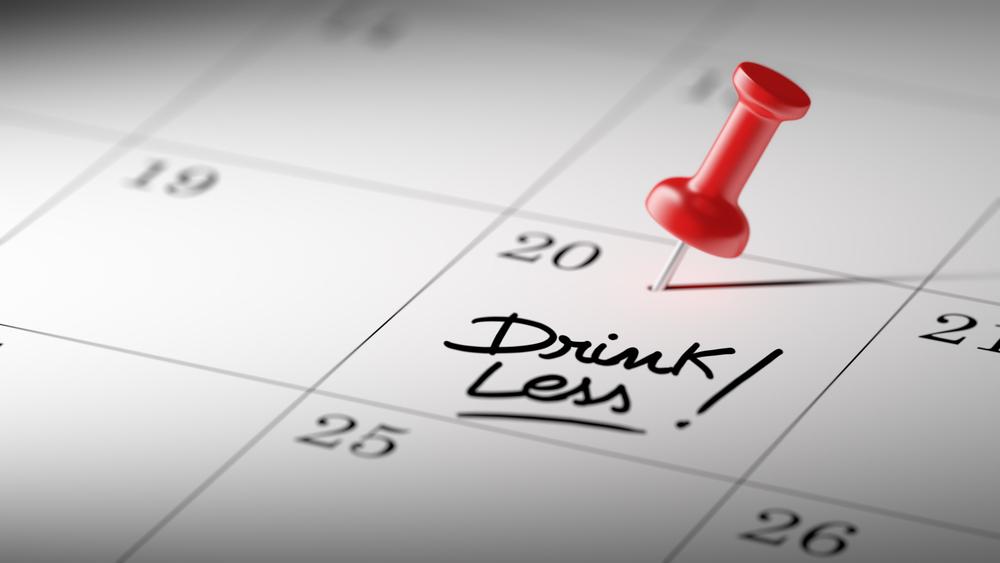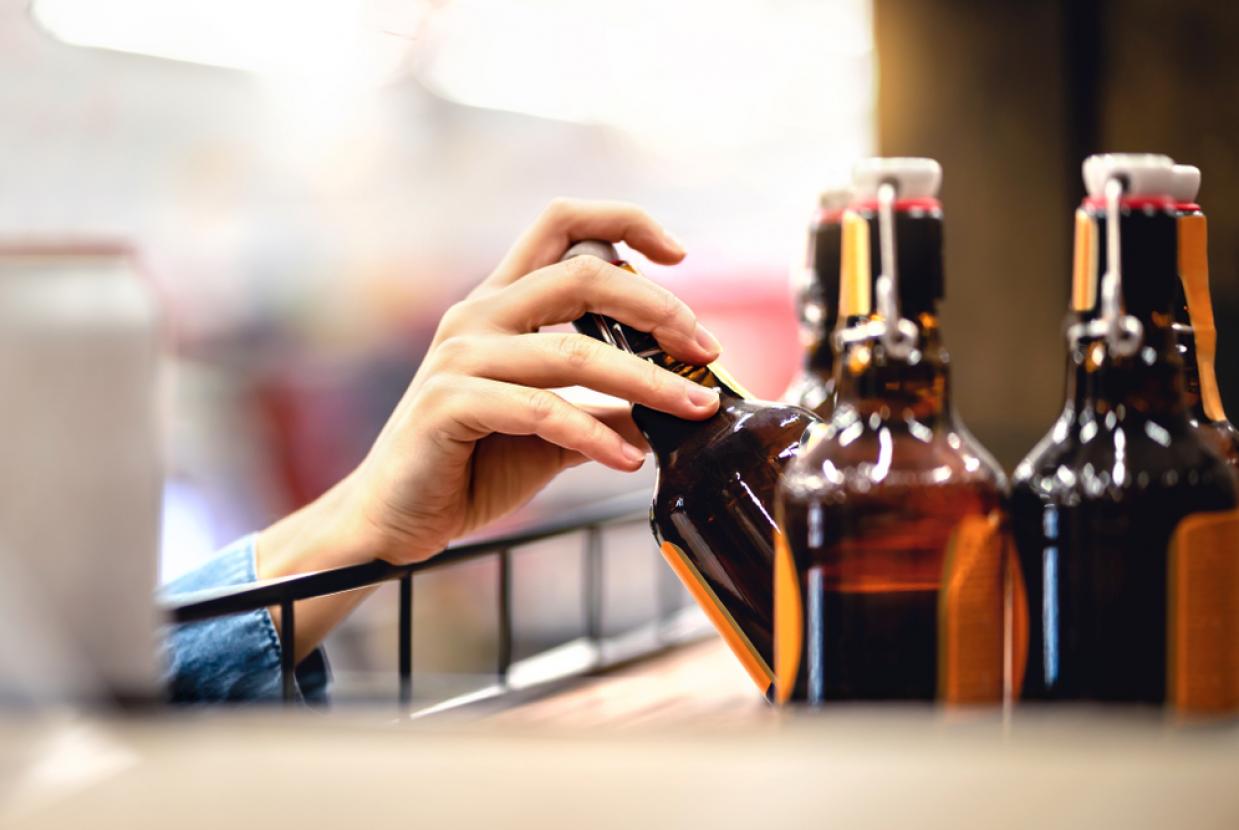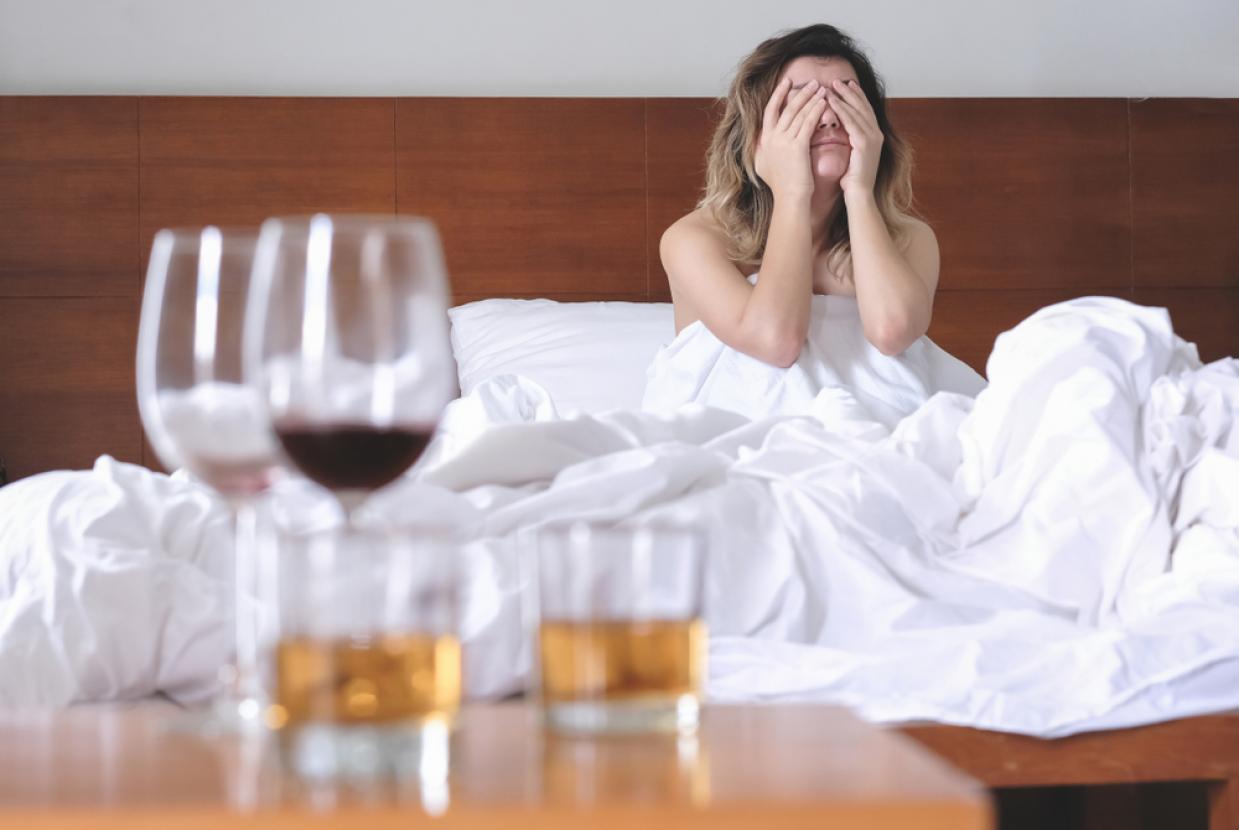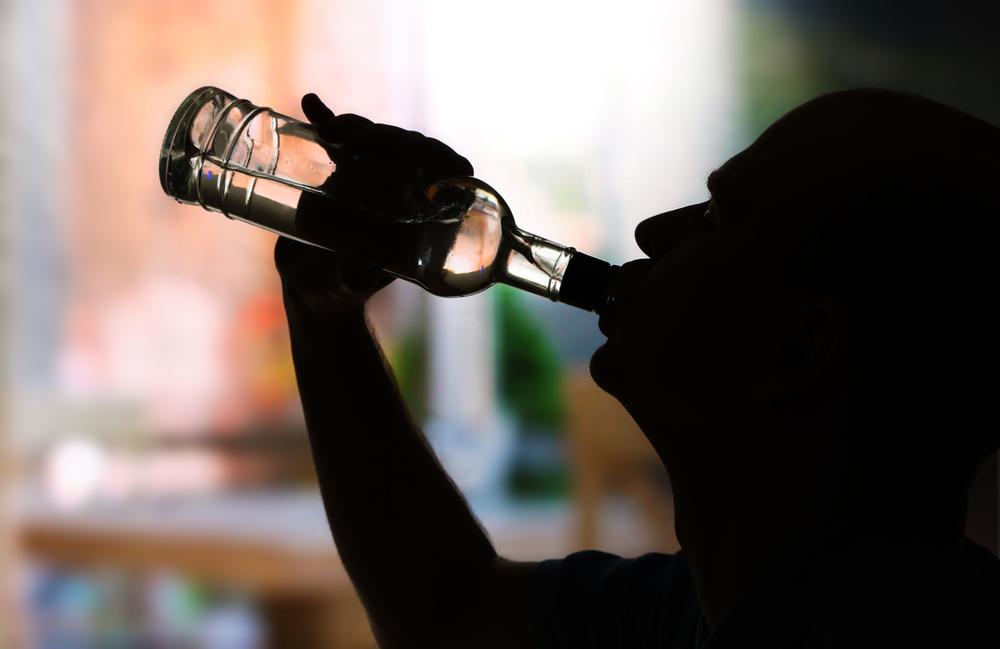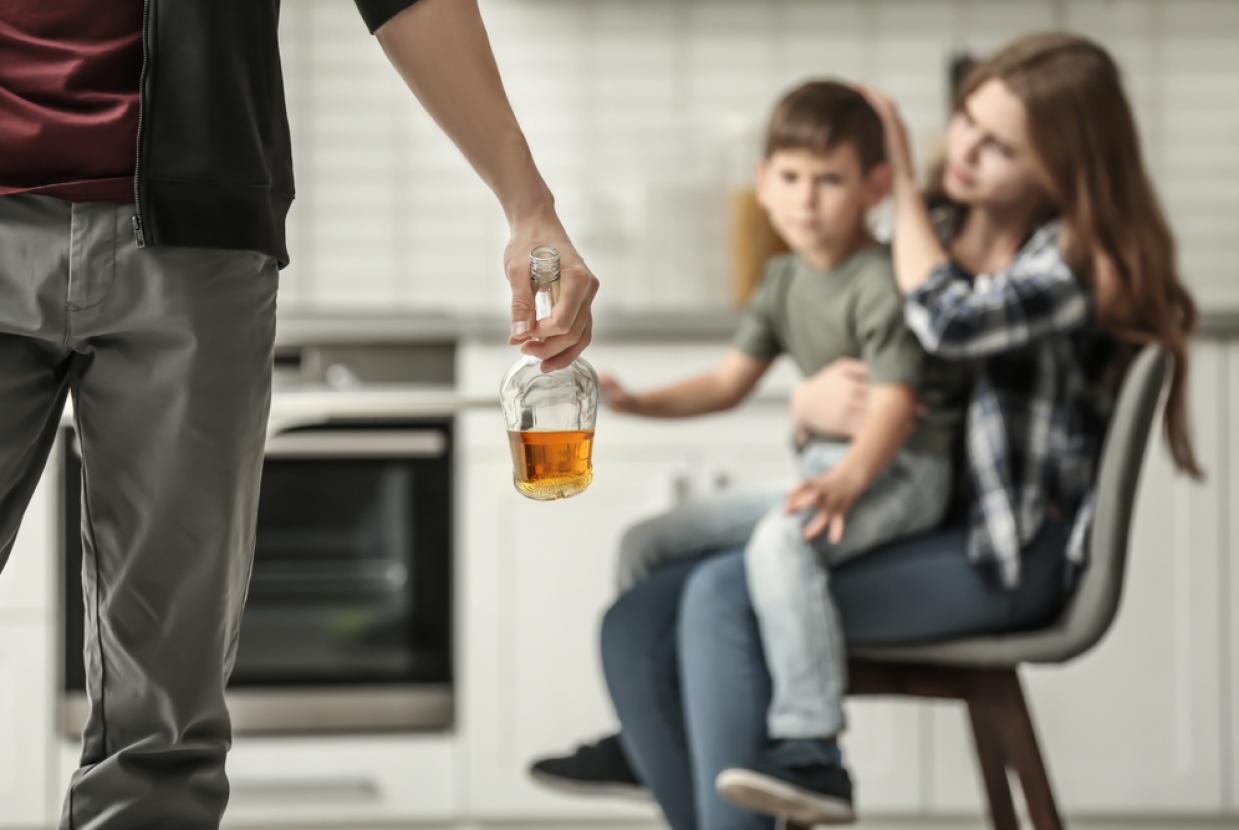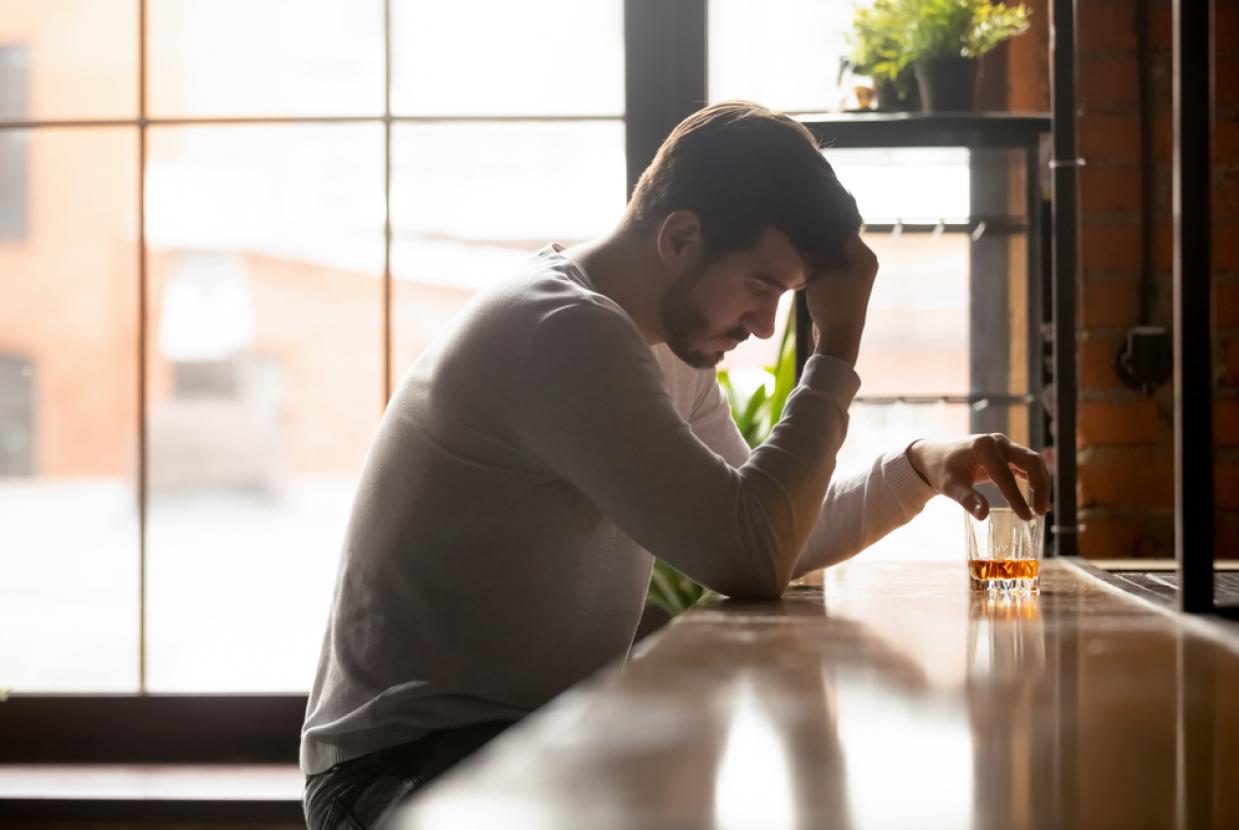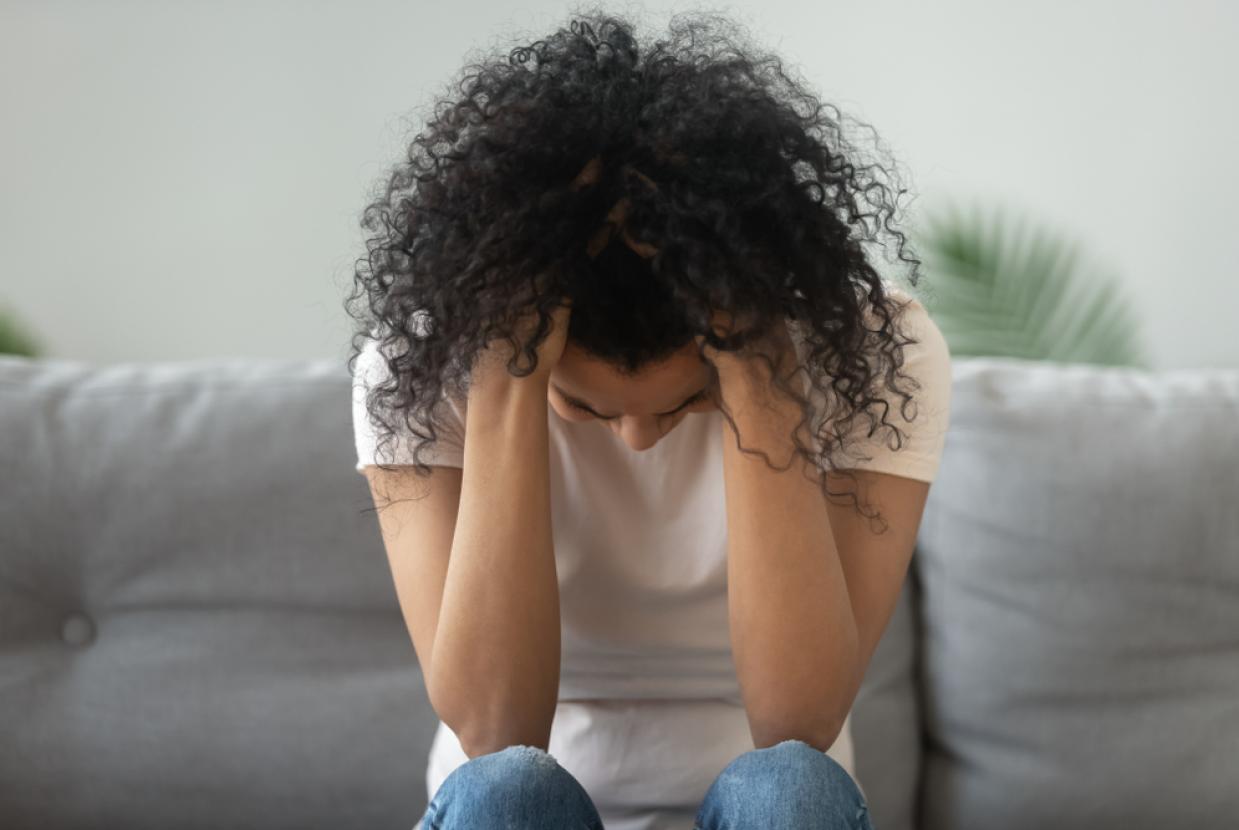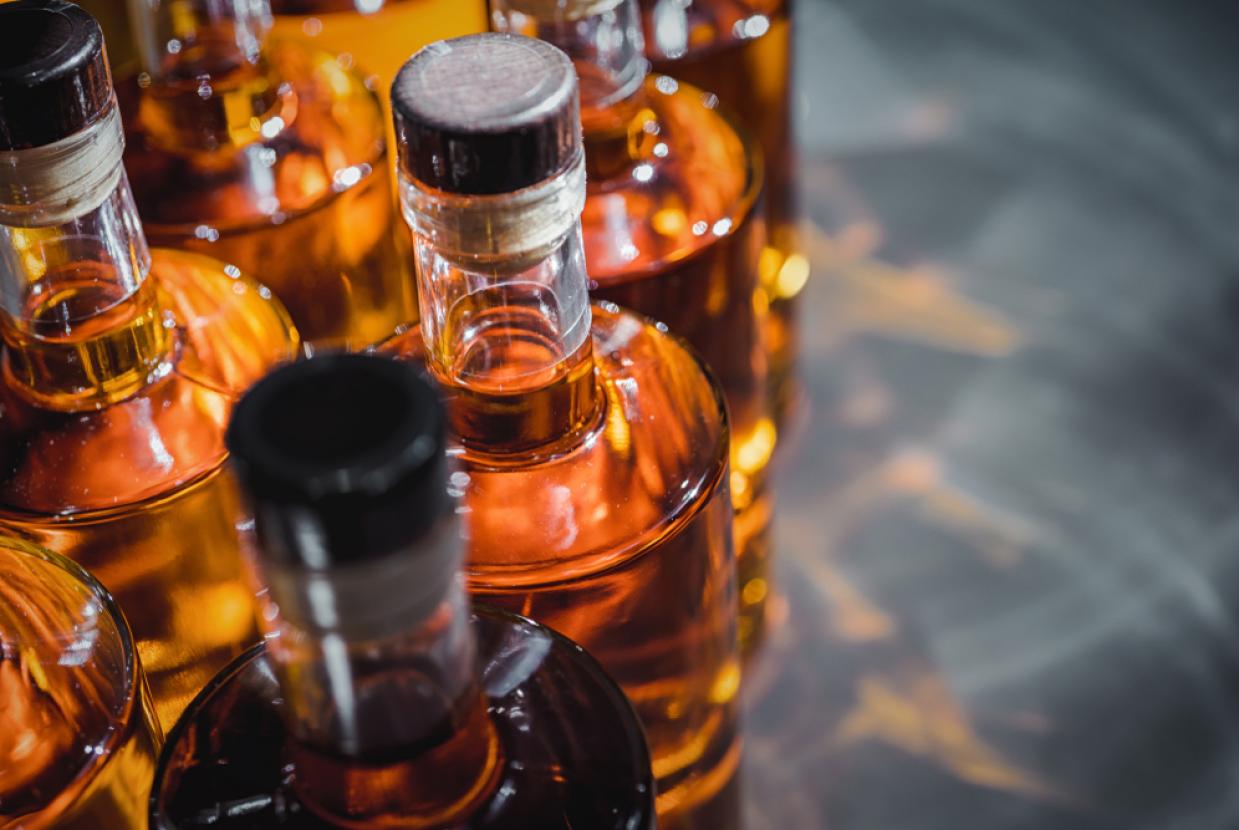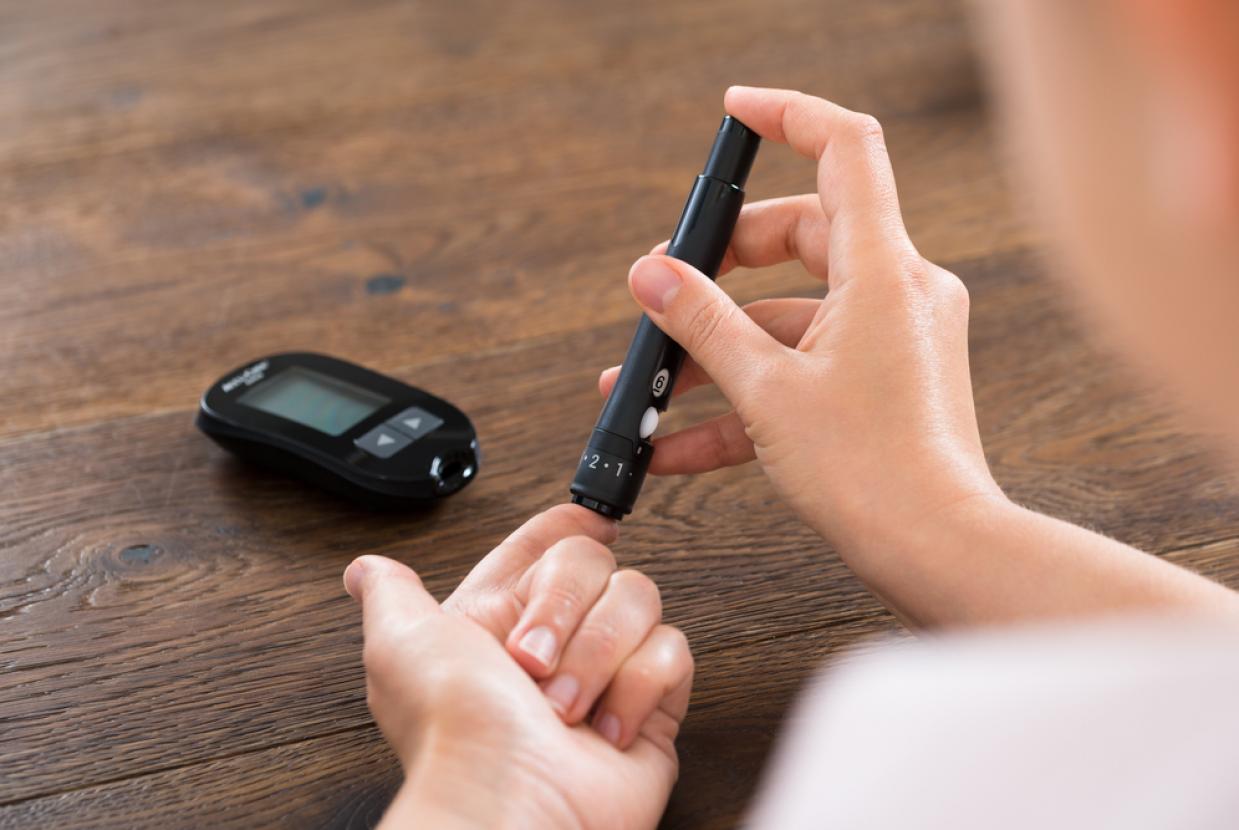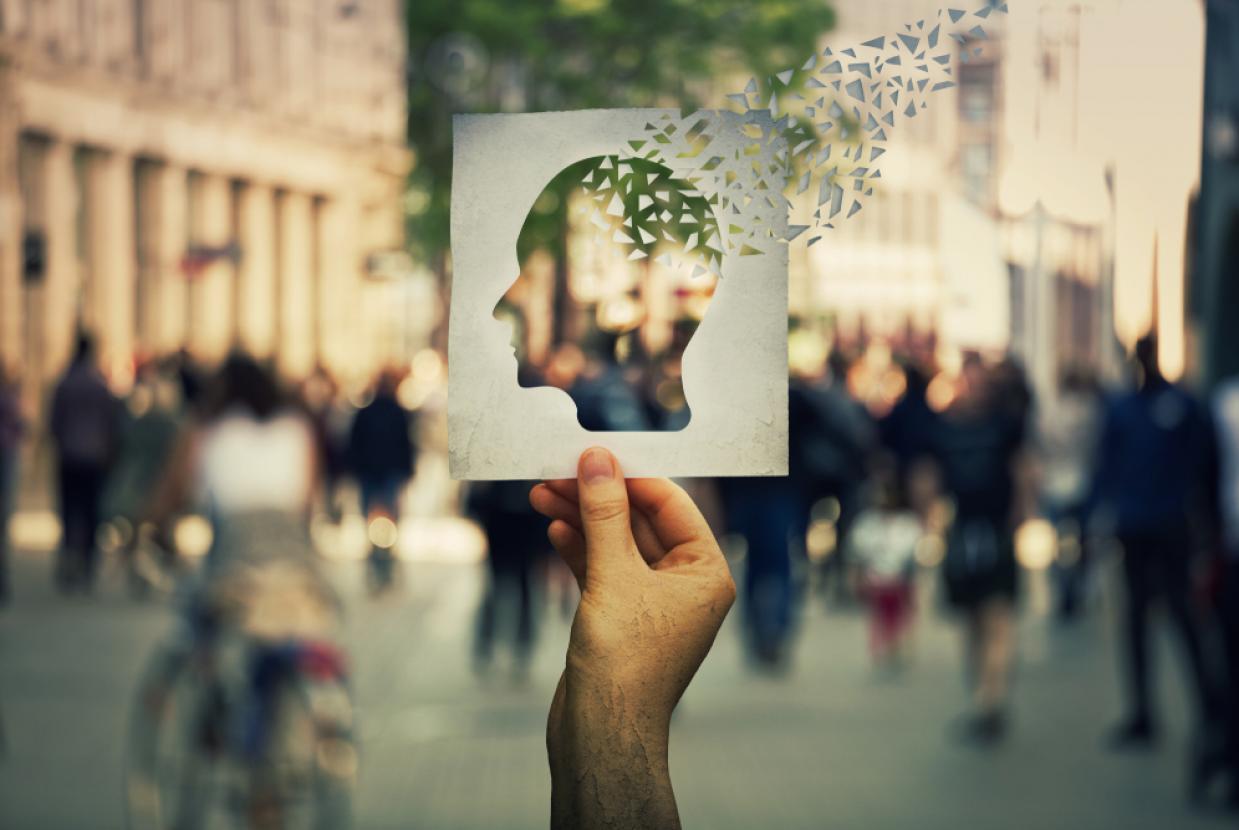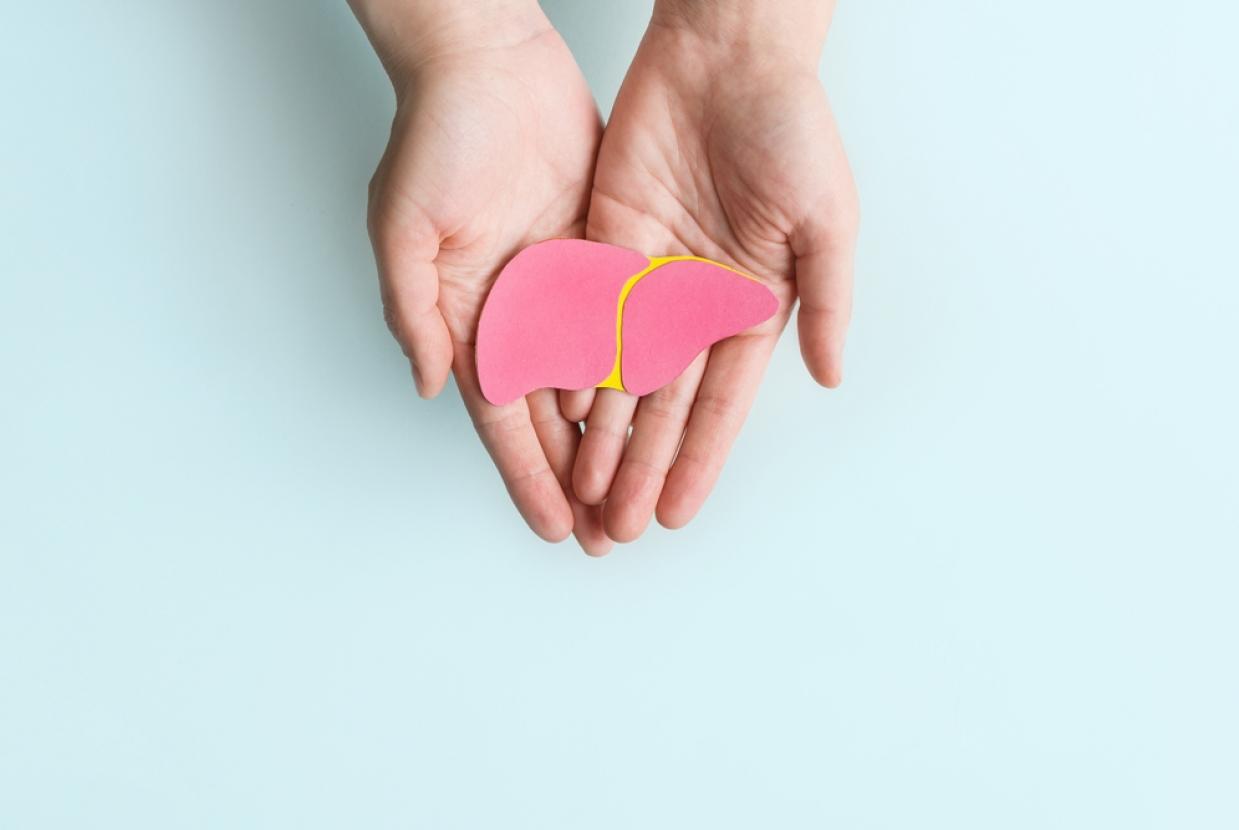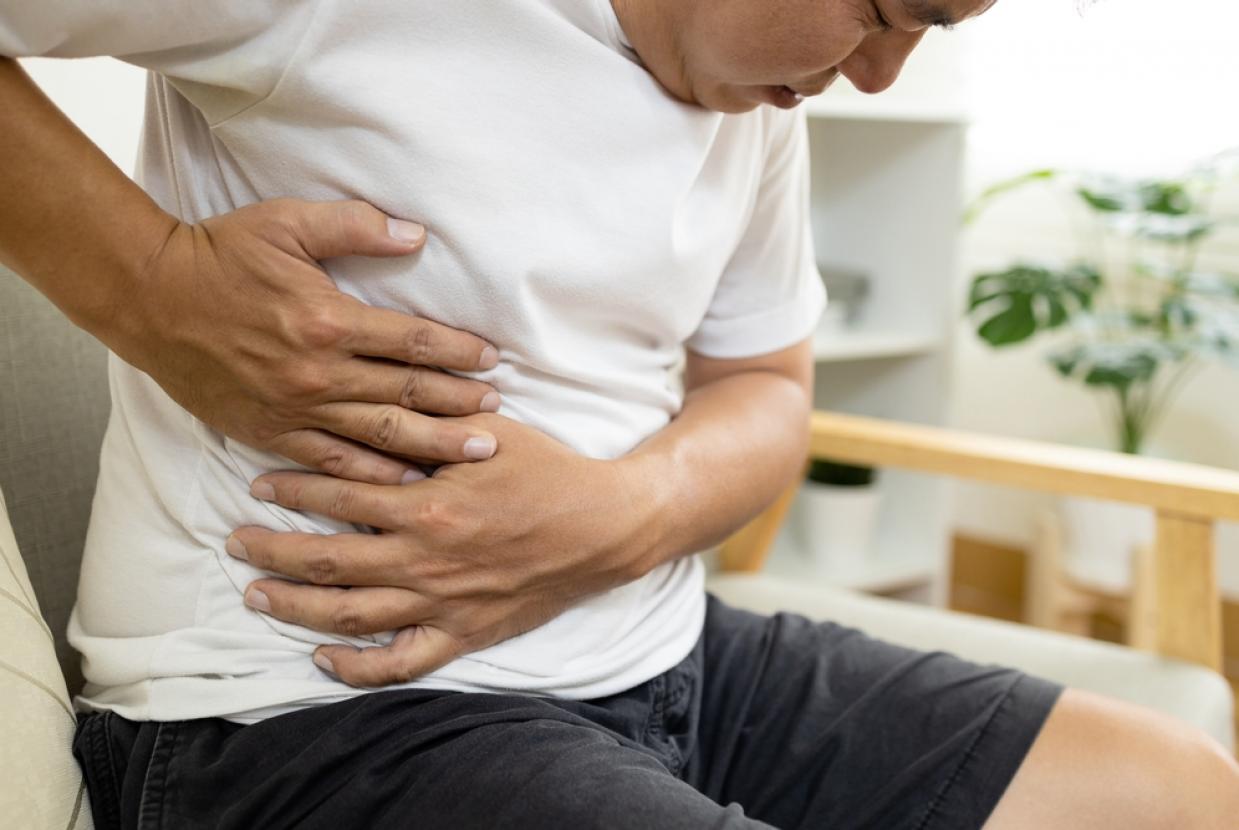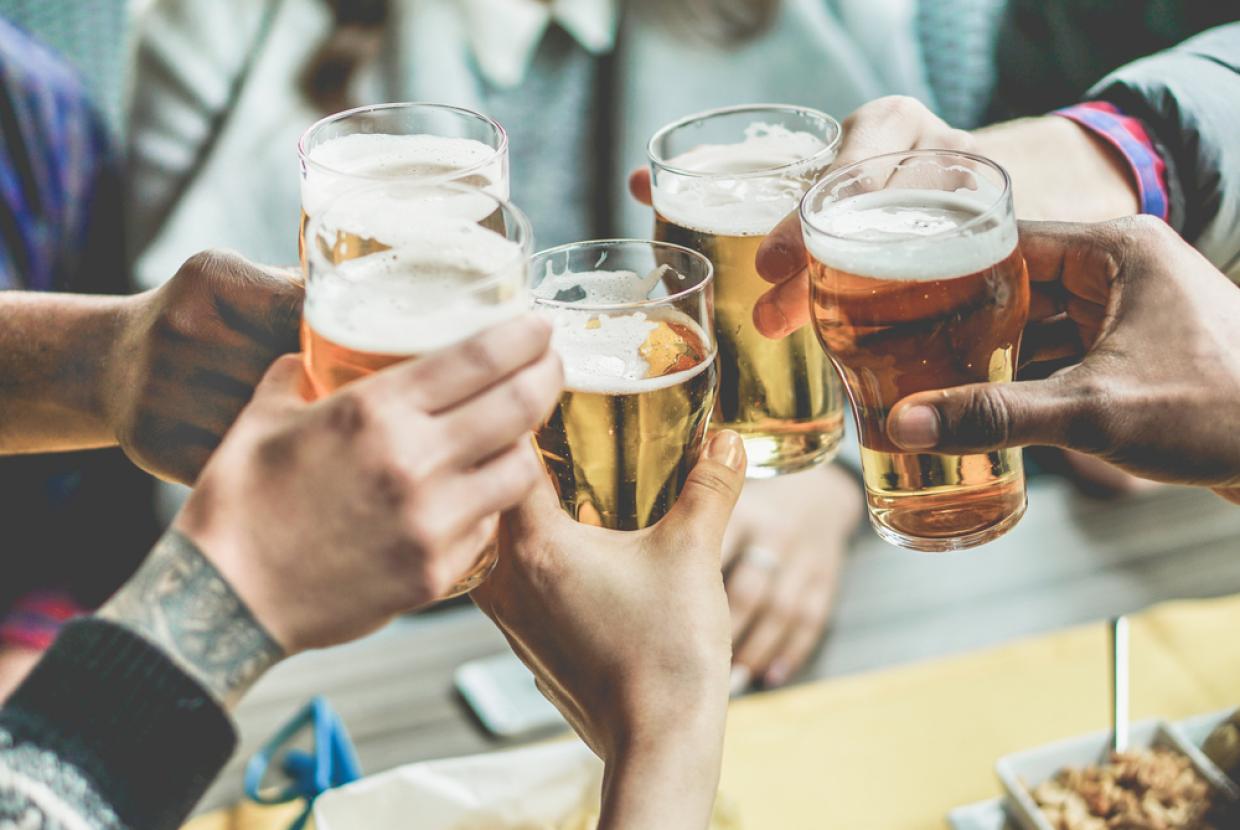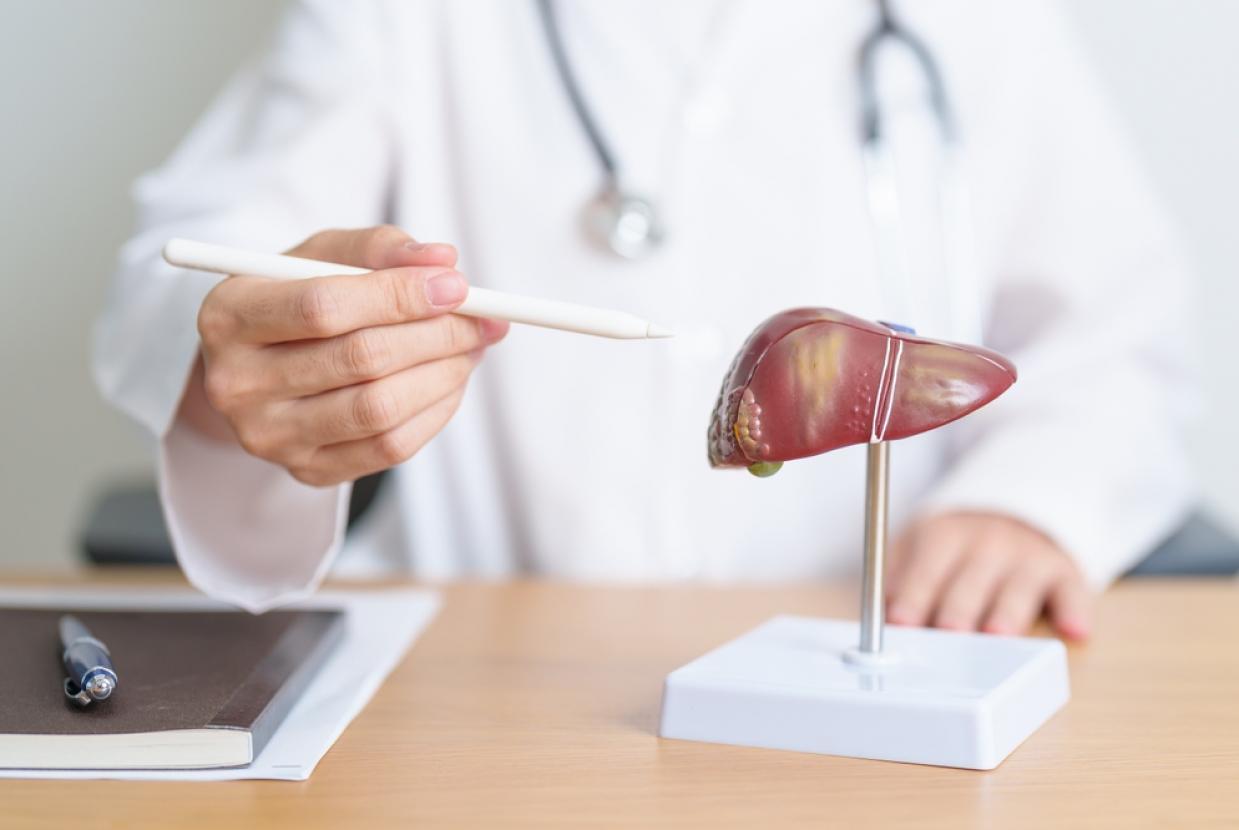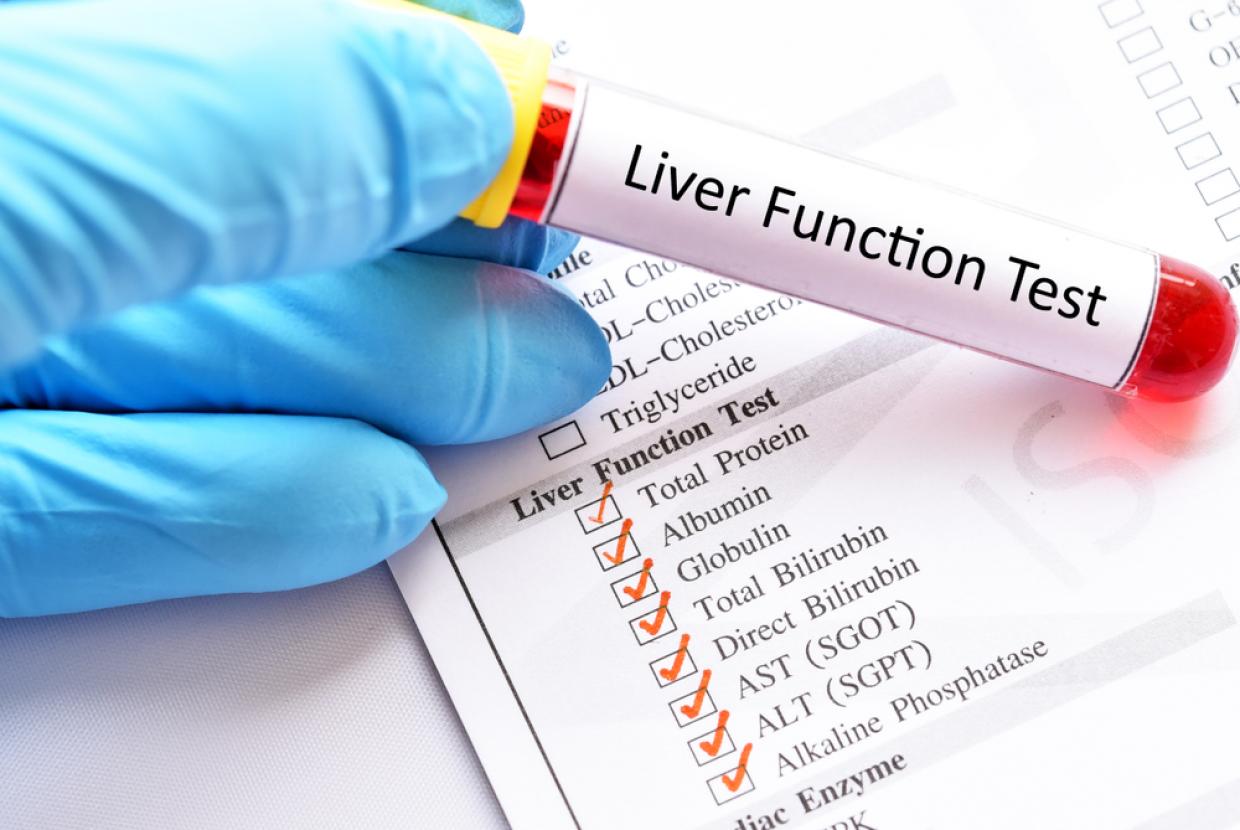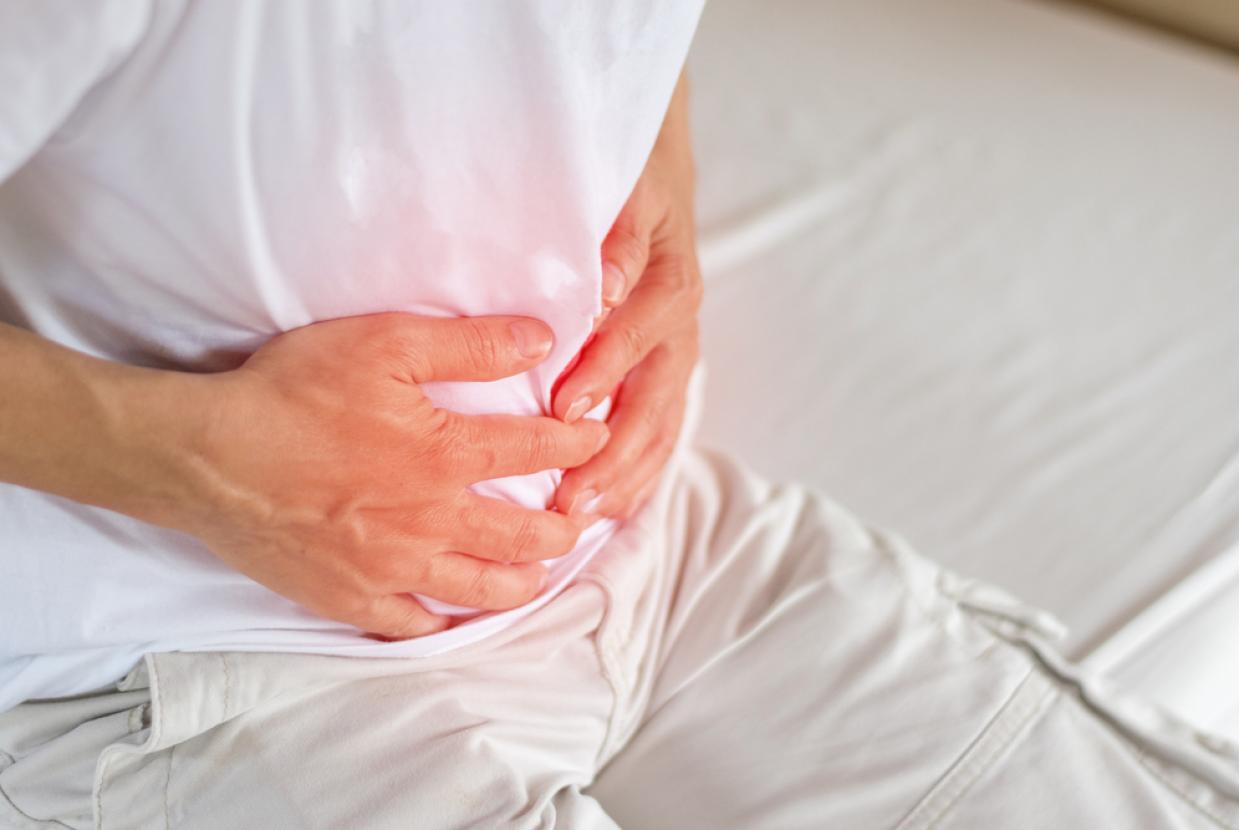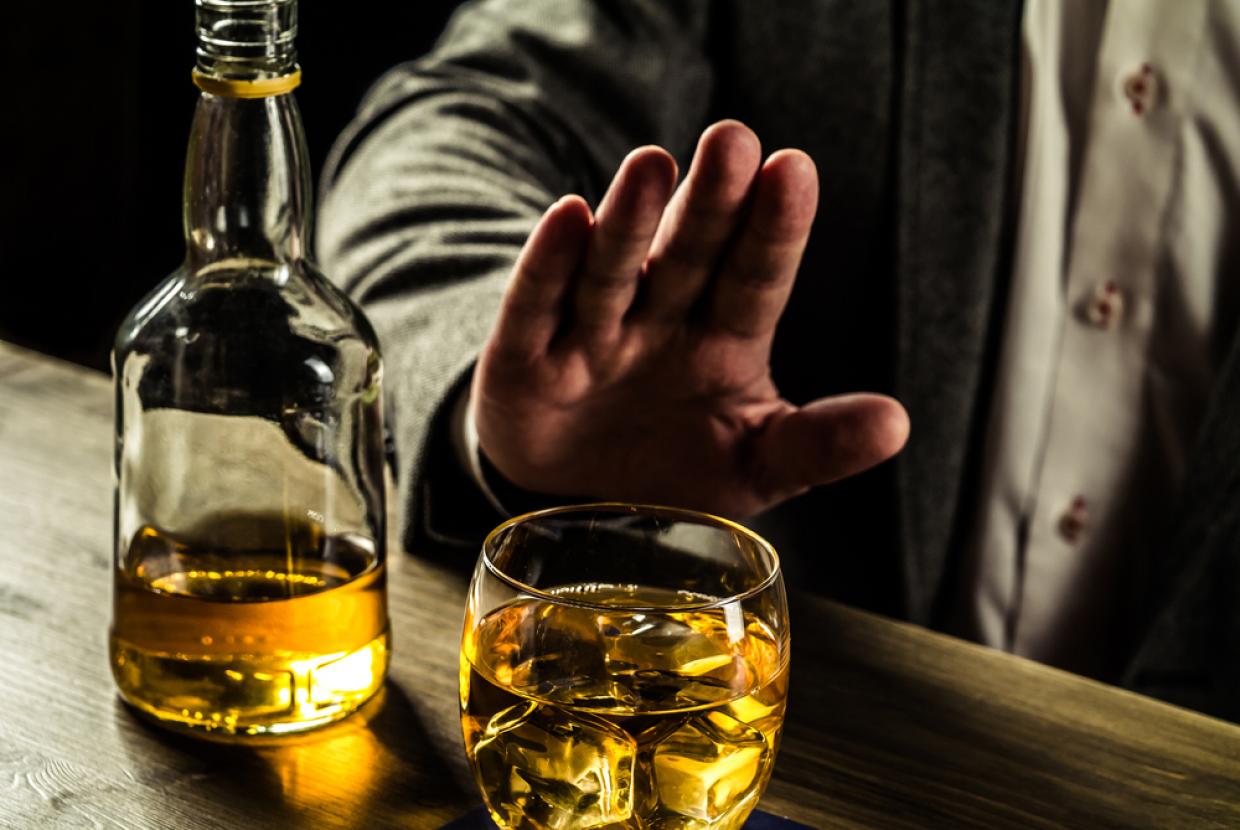Navigating Sober Slumber: The Sleep Journey In Dry January
Alcohol Guidance / Sleeping BetterAs we head well into January (already!), many of you will have embarked on the challenge of Dry January, abstaining from alcohol for an entire month – well done! While the benefits to physical health are widely acknowledged, the impact on sleep often remains unexplored territory.
Recent research commissioned by our partner Simba Sleep shed some light on the unexpected twists and turns that can happen to our slumber during this alcohol-free month. We delve into seven unexpected things that can happen to your sleep within the first week of Dry January, decoding the culprits behind them and providing expert tips on conquering the challenges. Have you noticed the benefits already?
1. Improved Sleep Quality: The study, which analysed responses from over 1000 UK adults, revealed that 34% reported an improvement in overall sleep quality after completing Dry January. By the end of the month, 36% woke up refreshed, and 23% experienced more unbroken sleep, signaling positive changes in sleep patterns.
2. Initial Challenges: Despite the long-term benefits, the first week of Dry January can present unexpected sleep challenges. The data indicates that 23% grappled with increased insomnia, 20% experienced vivid dreams or nightmares, and 28% reported daytime tiredness.
3. Insights from our deputy CEO Lisa Artis: Lisa explains that people often use alcohol as a sleep aid due to its sedative effects. However, this can disrupt sleep patterns, encourage dehydration, and alter blood pressure, leading to poor sleep quality. She shares insights on the short-term challenges and long-term improvements in sleep during Dry January.
Understanding the Challenges
Heightened Noise Sensitivity at Night:
- Culprit: Alcohol’s central nervous system depressant effects act as a sensory duller, making ambient sounds less perceptually pronounced.
- Tips: Emphasising sleep hygiene, creating a quiet sleep environment, experimenting with calming playlists, and using earplugs during the initial days of abstinence.
Surge in Nighttime Jitters:
- Culprit: Disruption in brain chemicals, particularly norepinephrine, leading to increased anxiety.
- Tips: Developing a non-alcoholic bedtime routine, incorporating calming activities, and trying relaxing teas or guided relaxation sessions.
Night Sweats:
- Culprit: Physiological adjustments in the central nervous system leading to altered thermoregulation.
- Tips: Staying hydrated, choosing appropriate bed linens and managing bedroom temperature.
REM Rebound – Leading to Vivid Dreams and Nightmares:
- Culprit: Suppression of REM sleep by alcohol, resulting in rebound vivid dreams.
- Tips: Experimenting with scent-based distractions and exercising caution with certain scents.
Daytime Drowsiness:
- Culprit: Disruption of established sleep routine and dehydration.
- Tips: Smart snacking, exposure to natural light, choosing herbal infusions, and paying off sleep debt with earlier bedtime.
Difficulty Falling Asleep:
- Culprit: Temporary imbalance in neurotransmitter activity due to the absence of alcohol’s sedative effects.
- Tips: Warm water foot soaks, pressure on acupuncture points, and using a weighted blanket for calming deep pressure therapy.
Increased Insomnia:
- Culprit: Disruption in the natural progression of sleep stages caused by alcohol.
- Tips: Adopting the Zero Gravity position for ergonomic sleep and enhanced circulation.
Embarking on Dry January brings about a roller coaster for sleep, with initial challenges gradually giving way to long-term improvements. Understanding these shifts and implementing expert tips can help navigate the unexpected twists in your sober slumber journey. As you bid farewell to the “drinker’s false dawn,” embrace the positive transformations in sleep quality, setting the stage for a restful and energised morning
- Click here to view our Sleeping Better content.
- Click here to view our Alcohol Guidance content.


